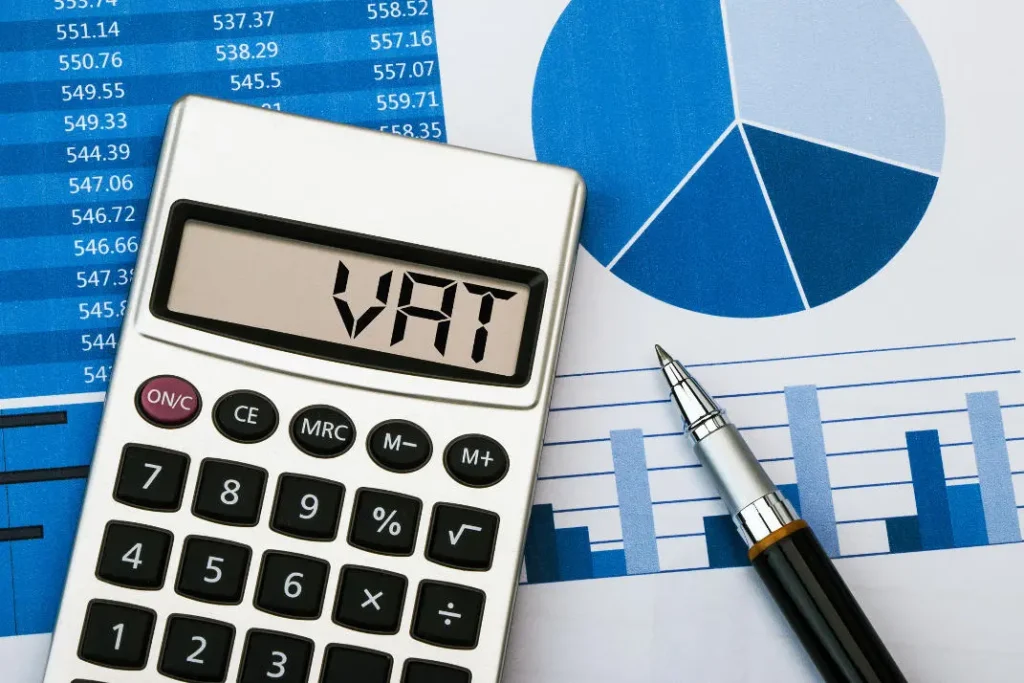Introduction
Selling a property in Thailand can be a complex process, with a variety of taxes and fees that may apply to a transaction. In practice, the most common taxes and fees that apply to a real estate transaction in Thailand are the transfer fee, specific business tax, withholding tax and stamp duty.
In this blog post, we will explore the various taxes, fees, and regulatory requirements that must be considered when real estate owners are considering selling property in Thailand.
Key Points
- The main taxes and fees for selling real estate in Thailand include the transfer fee (2%), specific business tax (3.3%), withholding tax (1% for a company and progressive rates for an individual), and stamp duty (0.5%).
- Specific business tax exemptions exist for individuals selling real estate owned for over 5 years and certain transfers to family members or institutions e.g. through a will.
- Withholding tax rates differ for companies (fixed 1%) and individuals (progressive scale with deductions based on ownership duration).
- Accurately reporting the true sale price is important for proper tax compliance and avoiding legal issues, especially for corporate buyers.
What is the difference between the Appraised Value and Sale Price?
The first step in understanding the real estate transfer process in Thailand is to consider the differences between the appraised value and market price. The appraised value, also known as the government-assessed value, is determined by the Land Department and is adjusted every four years. This value is used as the basis for calculating various taxes and fees associated with the property transfer.
However, it’s important to note that the appraised value is often lower than the agreed sale price. Agreed sale prices is the agreed upon price that has been negotiated between both the buyer and seller.
What are the Taxes and Fees That May Apply to a Real Estate Transaction?
Purchasing or selling a property in Thailand, the following taxes and fees are likely to be imposed on the transaction.
Registration Fee
The registration fee is a mandatory charge that is applied to a real estate transaction by the Land Department when transferring the ownership of a property. This Registration Fee is set at 2% of the appraised value of the property.
Typically, the registration fee is shared equally between the buyer and the seller, unless otherwise specified in the sale and purchase agreement.
Specific Business Tax (SBT)
The Specific Business Tax (SBT) is a tax applicable to certain real estate transactions. SBT applies to both companies as well as to individuals.
The SBT rate is currently set at 3.3% of the sale price or the appraised value, whichever is higher.
However, there are several exceptions to the SBT, including:
- If the seller (an individual, not a company) has owned the property for more than five years before the transfer and has used it as their primary residence.
- If the seller transfers the property to a legal heir or an heir via inheritance in a will.
- If the seller transfers the property to a legitimate child (but not an adopted child).
- If the seller transfers the property without consideration to government agencies, temples, churches, or mosques.
In these cases, the SBT can be waived, providing significant tax savings for the seller.
Stamp Duty
The stamp duty is another tax that may be applicable in real estate transfers and selling property. This fee is set at 0.5% of the registered sale price.
Please note that stamp duty is exempt from a transaction if the Specific Business Tax (SBT) is charged on the transaction.
Withholding Tax (WHT)
The Withholding Tax (WHT) is another important consideration when selling a property in Thailand. The amount of WHT owed depends on whether the seller is a company or an individual, as well as the duration of the seller’s ownership.
If the seller is a company, the WHT is fixed at 1% of the registered sale value or the appraised value, whichever is higher.
For individual sellers, the WHT is calculated using a progressive scale based on the appraised value of the property and the duration of ownership.
The progressive rates are as follows:
| Assessable Income in THB (net) | Rate of Tax (%) |
| 0 – 300,000 | 5 |
| 300,001 – 500,000 | 10 |
| 500,001 – 750,000 | 15 |
| 750,001 – 1 million | 20 |
| 1,000,001 – 2 million | 25 |
| 2,00,001 – 5 million | 30 |
| 5,000,001 + | 35 |
Individual sellers are also eligible for a tax deduction varying from 50% to 92%, depending on the ownership period of the property. For example, if the property was owned for one year, the tax deduction is 92%, while for properties owned for eight years or more, the deduction is 50%.
The rates for deduction are:
| Length of ownership (years) | Deduction (%) |
| 1 | 92 |
| 2 | 84 |
| 3 | 77 |
| 4 | 71 |
| 5 | 65 |
| 6 | 60 |
| 7 | 55 |
| 8 + | 50 |
To calculate the WHT for individual sellers, the following steps are typically followed:
Multiply the resulting tax amount by the number of years of ownership to arrive at the final WHT due.
Determine the tax base by subtracting the tax deduction from the appraised value of the property and dividing the result by the number of years of ownership.
Apply the progressive personal income tax (PIT) rates to the calculated tax base.
Who Pays the Fees?
In practice, the fees will be paid in the following ways.
| Type of Tax | Rate of Tax (%) | Who Pays |
| Transfer fee | 2 | Buyer or shared |
| Specific Business Tax | 3.3 (if applicable) | Seller |
| Stamp Duty | 0.5% | Seller |
| Withholding Tax | 1% for companiesProgressive rate for individuals | Seller |
Are there any Fees or Taxes Owed on Lease Registrations?
In addition to the taxes and fees associated with property transfers, there is also a fee for lease registrations that applies to real estate leases. This fee is charged at a rate of 1% of the total rental payments throughout the lease term and is collected by the land office at the time of registration.
Additionally, a stamp duty of 0.1% of the total rental payments is also applicable.
Please note, only leases for 3 years or more are required to be registered at the Land Office and subject to these fees. However, some leases of less than 3 years may be registered, e.g. a business who wishes to have extra security on their lease. In such a case, these lease registrations will also be subject to the above fees.
What are the Fees and Taxes for Newly Built Condominiums?
When purchasing a newly built condominium directly from a developer, the allocation of fees and taxes is slightly different. Under consumer protection laws, the developer is responsible for the full payment of the:
- specific business tax and
- income withholding tax
Please note, the developer may only pass up to 50% of the transfer fee (2%) to the purchaser.
What is the Importance of Accurate Pricing and Reporting?
Accurately reporting the true sale price of a property is not only a legal requirement but also essential for ensuring proper tax compliance and avoiding potential issues down the line. Undervaluing the sale price to reduce tax liabilities is illegal and can lead to substantial fines and other legal consequences.
Failure to accurately book the true value of a transaction can result in higher taxes as the capital gain will appear larger than the actual gain. This inflated gain will be subject to corporate income tax of up to 20%.
For companies purchasing real estate, it’s essential that the accounts reflect the actual purchase price as stated in the sale and purchase contract, separate from the land office sale agreement. This ensures that the company’s financial records accurately match the official documentation and will be able to pass any potential audit or investigation from the Revenue Department.
What Taxes is Selling Property, Land or Real Estate through a Company via a Share Transfer Subject too?
In some cases, when a buyer purchases shares of a company owning a property, rather than the property itself, such transactions avoid the need to re-register the property at the Land Office and the associated fees and taxes. Instead the transaction will be completed by using a share transfer.
Please note, the proceeds derived from the sale of the property by a company using a share transfer are still subject to corporate income tax, and the seller may be liable for all the taxes and fees that were applicable at the time of the original purchase. There is also a stamp duty on transfer of shares to consider, where every 1,000 Baht or fraction thereof of the paid-up value of shares, Stamp Duty at the rate of 1 Baht will be applied.
If you are considering purchasing land through a company and a share transfer, it is highly recommended to undertake a thorough due diligence of the company and its accounts.
Our Thoughts
In an effort to reduce taxes, parties may be tempted to undervalue property sales, potentially lowering Specific Business Tax, Stamp Duty, and income withholding tax for corporate sellers. However, this practice can backfire when the buyer is a company, as the lower recorded asset value may lead to inflated capital gains and higher corporate income taxes of up to 20% upon future resale. Alternatively, purchasing shares of a property-owning company can circumvent property transfer taxes by eliminating the need for land office registration, though this method requires comprehensive due diligence due to the risk placed upon the buyer as they assume all company assets and liabilities, not just the property itself.
Read Also : How to Issue a Tax Invoice/Receipt in Thailand





